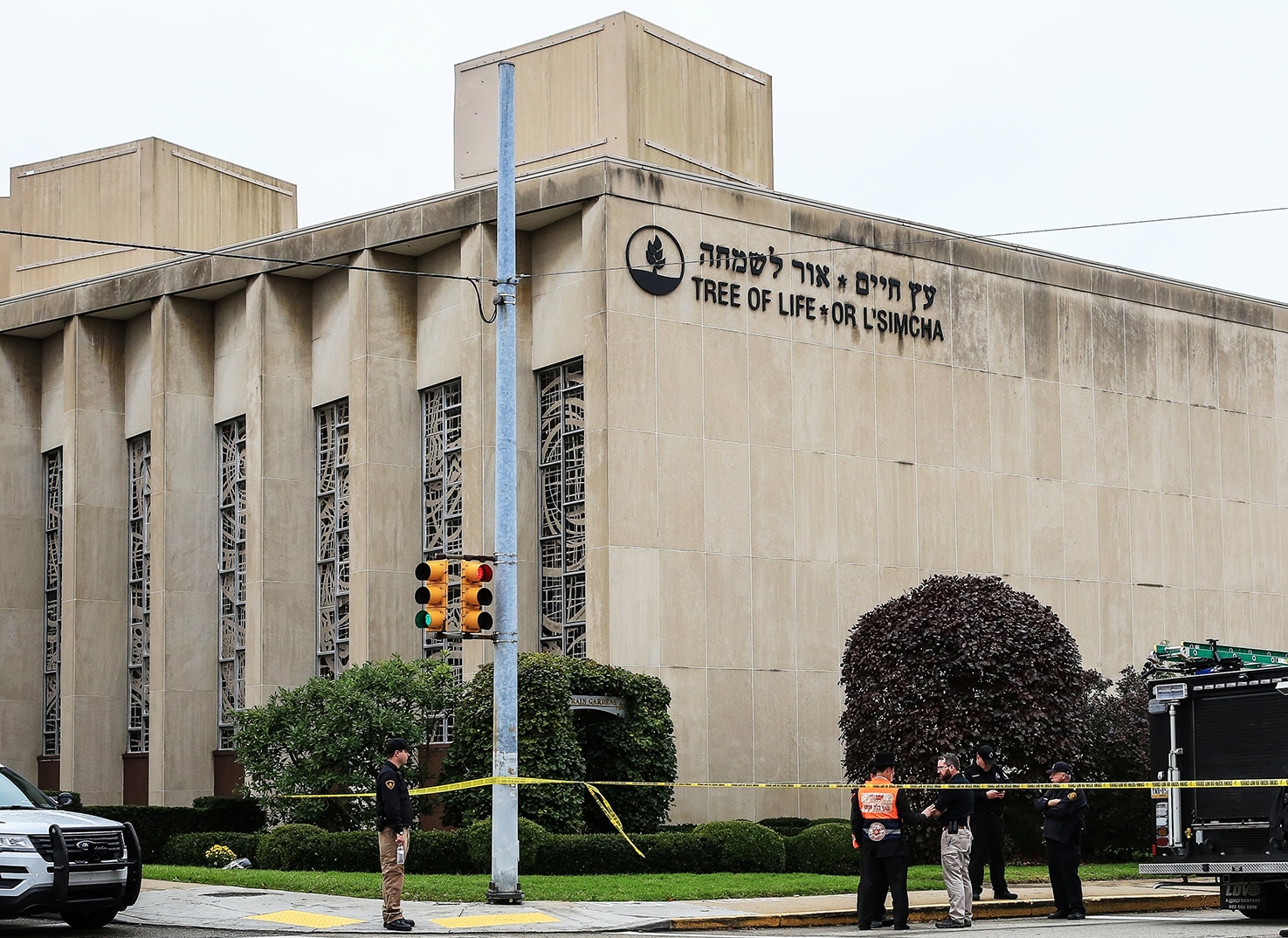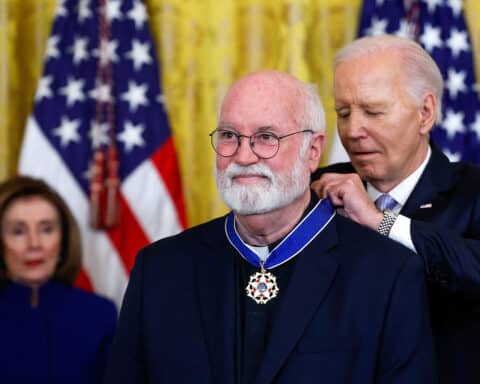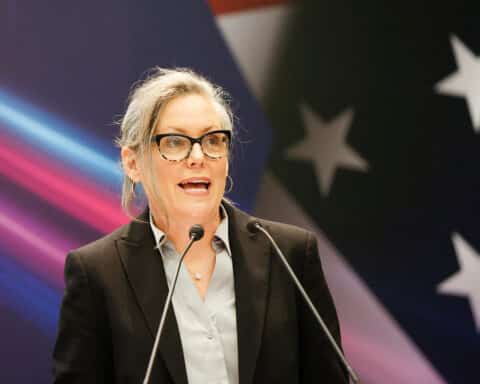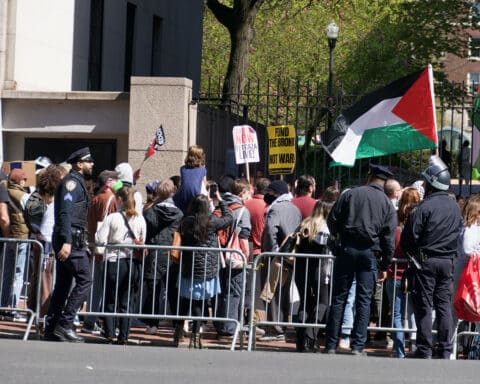(OSV News) — A federal death sentence for the man convicted of a 2018 mass shooting at a Pittsburgh synagogue marks the first such penalty sought for and won by the Biden administration, despite President Joe Biden’s pledge as a candidate to end the practice at the federal level.
A unanimous jury Aug. 2 recommended Robert Bowers be sentenced to death for his conviction in killing 11 worshippers at a synagogue in the city’s Squirrel Hill neighborhood in October 2018. The jury reconvened Aug. 3 for the sentence to be formally imposed on Bowers.
Bowers posted antisemitic and white supremacist views online before targeting the Tree of Life Synagogue, prosecutors said. He also wounded two worshippers and five responding police officers in the deadliest antisemitic attack in U.S. history.
First death sentence under Biden
The case marks the first federal death sentence imposed under the Biden administration. The administration previously pursued a death sentence for Sayfullo Saipov, who was convicted in a 2017 terrorist attack killing eight people in Manhattan, but he was sentenced to life imprisonment.
In a statement, Attorney General Merrick Garland said the “horrific attack at the Tree of Life Synagogue on October 27, 2018, stole the lives of 11 innocent victims, shattered their families, gutted their congregation and the Pittsburgh community, and struck fear in the lives of Jewish people across the country.”
“Hate crimes like this one inflict irreparable pain on individual victims and their loved ones and lead entire communities to question their very belonging,” Garland said. “All Americans deserve to live free from the fear of hate-fueled violence and the Justice Department will hold accountable those who perpetrate such acts.”
FBI Director Christopher Wray said in a statement that the “men and women of the FBI hold the Tree of Life Synagogue victims and the Pittsburgh community in our hearts as we continue to protect communities of faith from violent acts of hate.”
“The damage caused by antisemitism cannot be understated, just as the tragic loss of the eleven victims cannot be measured,” Wray said. “Healing will be a life-long journey for the survivors, families, and communities affected by this vile attack, and the FBI will be there to support them throughout that journey.”
Jewish, Catholic leaders object
Some of the Jewish leaders impacted by the shooting previously called for the death penalty to not be imposed. Some Catholic leaders also objected.
Krisanne Vaillancourt Murphy, executive director of Catholic Mobilizing Network, which advocates for ending the death penalty, noted in a press statement Biden’s pledge as a candidate to end the federal death penalty, which she called “a fatally flawed system.”
“Today is an emotional day for those who lost loved ones in this violent display of antisemitism. We hold the survivors, the city of Pittsburgh, and all our Jewish brothers and sisters in our prayers,” Vaillancourt Murphy said. “At the same time, we recognize that the federal death penalty is a fatally flawed system that offers many empty promises.”
Vaillancourt Murphy said death sentences “don’t deter or prevent violent hate crimes; in fact, many believe they create a notoriety that others want to emulate. Death sentences also don’t bring ‘closure’ to survivors as promised; they do, however, almost guarantee years of appeals and retraumatizing legal processes.”
The Biden administration, Vaillancourt Murphy said, “is the first in history to declare an official moratorium on federal executions, citing concerns of racial bias, arbitrariness, and wrongful convictions.”
“It sends a mixed message, then, that the Department of Justice actively pursued this death sentence on Biden’s watch,” she said. “Robert Bowers is guilty of a heinous hate crime, and needs to be held accountable as such. But as Catholics committed to honoring the sanctity of all life, we do not believe that sentencing him to death was the way.”
“If we really want to reduce violence, racism, and antisemitism in our country, we can’t afford to divert our efforts toward perpetuating the cycle of violence through executions,” Vaillancourt Murphy continued. “The death penalty places emphasis solely on one individual, instead of addressing the root cause of the violence. In the wake of today’s sentencing, we can’t ignore these fundamental questions: what is the source of such hate? And how can we work towards healing it to prevent future violence?”
Pope Francis and the death penalty
In his 2020 encyclical, “Fratelli Tutti,” Pope Francis cited the writings of St. John Paul II, writing that his predecessor “stated clearly and firmly that the death penalty is inadequate from a moral standpoint and no longer necessary from that of penal justice.”
“There can be no stepping back from this position,” Pope Francis wrote. “Today we state clearly that ‘the death penalty is inadmissible’ and the church is firmly committed to calling for its abolition worldwide.”
The pontiff also revised the Catechism of the Catholic Church (No. 2267) in 2018 to reflect that position.





